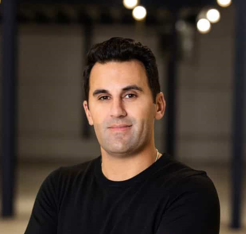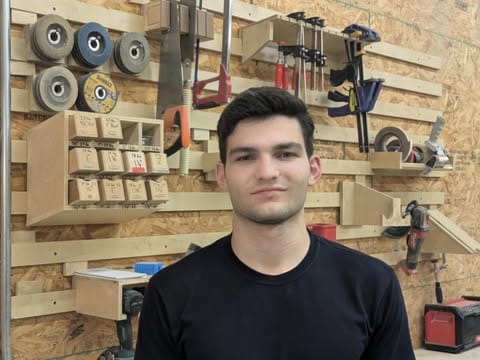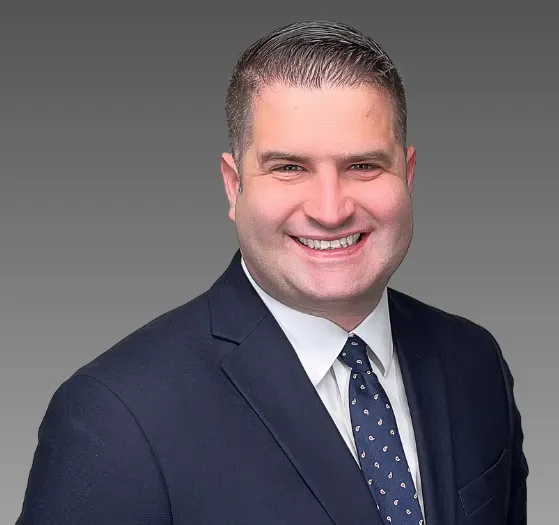'The industry very well could be facing a breaking point'

A version of this story first appeared in The Level newsletter. To get it in your inbox weekly, sign up for free, here.
By Margot Lester | for The Level
It’s been a stressful few months for our industry, which already had one of the highest suicide rates of any occupation in 2021—well before tariffs, mass deportations, economic uncertainty and the dismantling of healthcare began. Experts like Brandon Anderson, co-chair of the AGC of America Mental Health & Suicide Prevention Task Force, worry that increased stress levels put more construction workers at risk of mental health issues and suicide. The Level sat down with Anderson, who’s also vice president of safety for AGC of Missouri, to discuss the issue and explore some approaches to easing the emotional toll.
What’s the most important thing contractors should know right now?
My message to everyone is “You are not alone.” Much of the industry—regardless of position or role—has convinced themselves they are alone and no one can possibly understand or know what they are going through. In fact, that is simply not true! Time and time again after a workshop or keynote presentation anywhere in the nation, individuals come up to me, in many cases emotional, to shake my hand or hug me and say, “Thanks for talking about this. We should have been talking about this 30 years ago.” The core of the industry—the people—is ready to talk about this and, more importantly, begin the process of “Building HOPE Through Action.” The acronym HOPE is for Hold On. Pain Ends. I truly believe this and have experienced it. If we can just be present for someone and show a bit of compassion and care, we can do just that.
What makes our industry, specifically, so hard on mental health?
The schedules to get a project done continue to shorten and become tighter than ever. This creates an immense amount of pressure, stress and demand to do more quicker and [more cheaply] in many cases. I am not advocating for longer project times. However, it's unrealistic to think the current time frames are sustainable long-term and that our workforce can handle it. Finding a middle ground is crucial now before the industry is forced to.
Also, access to support. The industry must find a way to meet the needs of the employee where they are—not just another EAP provider or community hike. For example, construction workers work long hours and, in some cases, may have extended travel times to get home or be working out of town away from familiar resources. Employers that provide onsite opportunities at the office and on the job site have seen an increase in utilization of services.
Do you have an example?
Peer support programs are extremely effective and growing across the industry. The Laborers' International Union of North America and the laborers nationally have a great program that is saving lives and meeting members where they are: Laborers Escaping Adversity Now. This simple way of building relationships, trust and good leadership skills—along with communication campaigns to address the stigma and actionable resources for employees—can and do have a positive impact in changing culture.
So supporting good mental health is good business?
The industry very well could be facing a breaking point. Research tells us that we are on track to lose 30% of the workforce in the next six years potentially. With many organizations already feeling the challenge, we simply cannot afford to lose any more, which is why we must take bold steps to improve culture and the work environment to retain and attract new employees. Some studies suggest there is an ROI of 4:1 to 36:1 when it comes to investing in mental health in the industry. Those are returns that impact the bottom line and cannot be ignored as an investment strategy.
If you or someone you know is struggling, the 988 Suicide & Crisis Lifeline offers free, confidential support 24/7. Call or text 988.
Thanks for reading today's edition! You can reach the newsletter team at thelevel@mynewsletter.co. We enjoy hearing from you.
Interested in advertising? Email us at newslettersales@mvfglobal.com
Was this email forwarded to you? Sign up here to get this newsletter once a week.
The Level is curated and written by Margot Lester and edited by Bianca Prieto.





